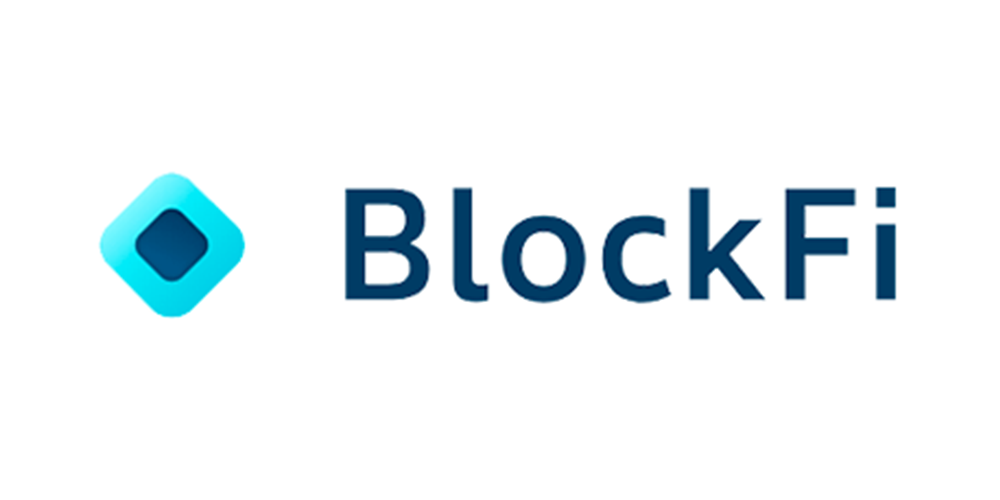Why are Bitcoin Forks Contentious with Adam Back
Where to find the show
Download Episode MP3 File
The file will open in a new window. Click down arrow to download the file.
“It’s a competition of ideas… and it’s a collaborative competition of ideas. So if you propose an organised set of ideas as a proposal, some parts of them might end up being good and used, and some parts might not. And you just have to be open to that.”
SHOW DESCRIPTION
Adam Back, an original cypherpunk, inventor of Hashcash and co-founder and CEO of Blockstream. We discuss the controversy around BIP 119: the soft fork proposal aiming to add “covenants” to Bitcoin. We also talk about the collapse of Luna.
- - - -
Flexible smart contracts are a USP of Ethereum and other blockchains. Currently, Bitcoin only enables basic smart contract functionality, such as a timelock that specifies when a transaction can be spent. BIP 119 proposes to add more flexibility for applying restrictions to transactions via a new programme operation code (opcode) called CheckTemplateVerify (CTV).
CTV would enable conditions on spending UTXOs that would limit, not when they are spent, but how. These are referred to as “covenants”. It is envisaged CTV could significantly enhance Bitcoin by enabling a raft of new and powerful applications to be developed; these could bring new security, privacy and scalability benefits.
The concern is that CTV is a significant change and could open up potential unknown security risks, or that if this functionality is desirable, it could be possible be better achieved with a different technical approach
BIP119 has been authored and enthusiastically promoted by Bitcoin developer, Jeremy Rubin. It has been around now for 2 years, and whilst Rubin has generated support for BIP119, he has also faced criticism from prominent Bitcoiners for his approach and so far there doesn’t seem to be consensus among the protocol development community on implementing the proposal.
The consideration, approval and activation of changes to Bitcoin are methodical and slow. Further, such changes normally involve the development of competing ideas, and a collaborative approach to combine the best elements from these efforts. Notable critics feel that BIP119 is being too forcefully promoted and that more time is needed to test and consider alternatives.
The pressure to innovate will always be there. The issue at hand is Bitcoin’s USP: it has never been hacked. This has been hard-won. So it seems BIP119 isn’t going to get a formal consensus at the moment. Rubin, however, could bypass the Core developers and implement a UASF. Could we again be about to test the limits of Bitcoin’s rough consensus process?
TIMESTAMPS
00:04:01: Introductions
00:05:30: Explanation of BIPs and their history
00:09:40: Process for proposing a BIP
00:13:42: Historic examples of changes to the protocol
00:17:53: Covenants explained
00:26:35: The current situation with the covenants BIP
00:28:42: Don't trust, verify and the approvals process for BIPs
00:35:06: Building consensus for soft forks
00:40:23: Soft fork activation methods
00:51:15: Difficulty forcing change keeps Bitcoin investors bullish
00:54:46: Privacy and fungibility advancements
00:56:29: Luna crash and other stablecoins
01:13:43: Bitcoin mining funding green power infrastructure
01:16:02: Final comments
SUPPORT THE SHOW
If you enjoy The What Bitcoin Did Podcast you can help support the show by doing the following:
Become a Patron and get access to shows early or help contribute
Make a tip:
Subscribe on iTunes | Spotify | Stitcher | SoundCloud | YouTube | TuneIn | RSS Feed
Leave a review on iTunes
Share the show and episodes with your friends and family
Subscribe to the newsletter on my website
Follow me on Twitter Personal | Twitter Podcast | Instagram | Medium | YouTube
If you are interested in sponsoring the show, you can read more about that here or please feel free to drop me an email to discuss options.
SPONSORS
SHOW NOTES
Connect with Adam:
Mentioned in the interview:
7 Theses on a next step for BIP-119 - Jeremy Rubin, Apr 17th 2022
Satoshi Posts with post reference number - Marlab999, Jul 2021
Covenants - Open Source Stage - Bitcoin 2022 Conference - Bitcoin Magazine, YouTube, Apr 7th 2022
CoinPool: efficient off-chain payment pools for Bitcoin [UTXO sharing] - CoinPool, Feb 21st 2022
Watch Downfall: The Case Against Boeing | Netflix Official Site
Hal Finney on Bitcoin: In His Own Words - CoinDesk, Aug 2014
Liquid For Bitcoiners: Confidential Transactions - Bitcoin Magazine, Nov 2021
Aim, Fire: Bulletproofs Is a Crypto Privacy Breakthrough - Coindesk, Jan 2018
The Pomp Podcast: #911 Peter McCormack On How Far Bitcoin Has Come In The Last Decade
The Day George Soros Broke the Bank of England To Make $1.1B - History of Yesterday, Aug 2021
Alex Gladstein on the Importance of Stablecoins | The Lightning Round E14 - YouTube, Jan 27th 2022
Other Relevant WBD Podcasts:
WBD481: Bitcoin’s Clean Energy Revolution with Nic Carter & Troy Cross
WBD417: How Bitcoin Helps Palestinians with Alex Gladstein & Fadi Elsalameen
WBD405: The Bitcoin v Crypto War with Udi Wertheimer, Crypto Cobain, Alex Gladstein & Allen Farrington
WBD375: Lightning Series: Privacy and Security with Christian Decker & Carla Kirk-Cohen
WBD371: Lightning Series: Mastering Lightning with Andreas M. Antonopoulos & René Pickhardt
WBD271: Becoming a Bitcoin Core Developer with Amiti Uttarwar
WBD168: What Bitcoiners Can Learn from the OneCoin Scam with Jamie Bartlett
WBD110: Andrew Poelstra on Schnorr, Taproot & Graft Root Coming to Bitcoin
WBD047: Adam Back on a Decade of Bitcoin












